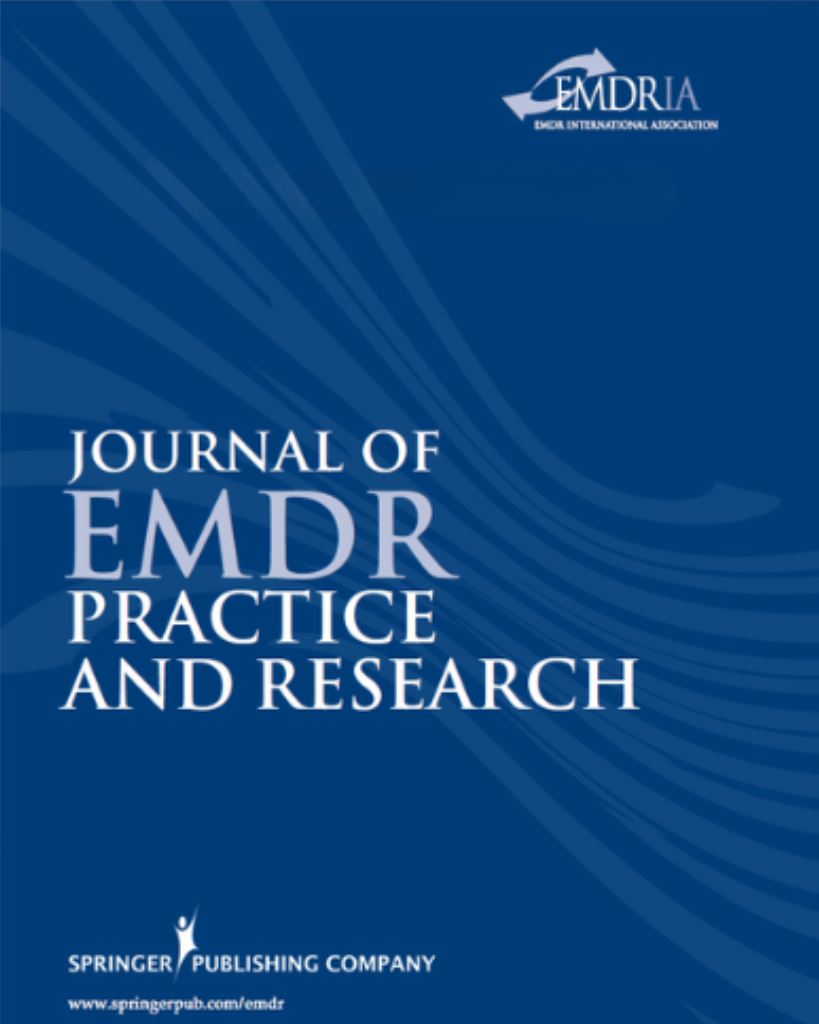EMDR Treatment of Distressful Experiences That Fail to Meet the Criteria for PTSD
This RCT investigated the effects of treatment of distressful experiences (or small “t” trauma) that fail to meet the criteria for PTSD.
Article Abstract
“Eye movement desensitization and reprocessing (EMDR) is thought to successfully treat not only posttraumatic stress disorder (PTSD) but also other psychiatric disorders and mental health problems inasmuch as these have experiential contributions. This randomized clinical trial investigated the effects of treatment of distressful experiences (or small “t” trauma) that fail to meet the criteria for PTSD. Three hours of a slightly adapted form of EMDR were compared to active listening (attentional placebo, also 3 hours) and wait list. Results with 90 participants showed that EMDR produced significantly lower scores on the Impact of Event Scale than active listening or wait list. EMDR also resulted in a significantly smaller increase on the State-Trait Anxiety Inventory (State subscale) after memory recall. Some limitations and implications of findings are discussed.”
—Description from publisher
Article Access
Open Access
Cvetek, R. (2008). EMDR Treatment of Distressful Experiences That Fail to Meet the Criteria for PTSD. Journal of EMDR Practice and Research, 2(1): 2–14. https://www.doi.org/10.1891/1933-3196.2.1.2
About the Journal
Journal of EMDR Practice and Research (JEMDR) is a peer-reviewed publication devoted to integrative, state-of-the-art papers about EMDR therapy. It is a broadly conceived interdisciplinary journal that stimulates and communicates research and theory about EMDR therapy and its application to clinical practice. JEMDR is the official publication of the EMDR International Association.
Date
March 1, 2008
Creator(s)
Robert Cvetek
Topics
Complex Trauma/C-PTSD
Extent
13 pages
Publisher
Springer Publishing Company
Rights
Copyright © 2008 EMDR International Association
APA Citation
Cvetek, R. (2008). EMDR Treatment of Distressful Experiences That Fail to Meet the Criteria for PTSD. Journal of EMDR Practice and Research, 2(1): 2–14. https://www.doi.org/10.1891/1933-3196.2.1.2
Series
2
Installment
1
Audience
EMDR Therapists
Language
English
Content Type
Article, Peer-Reviewed, RCT
Original Source
Journal of EMDR Practice and Research
Access Type
Open Access





